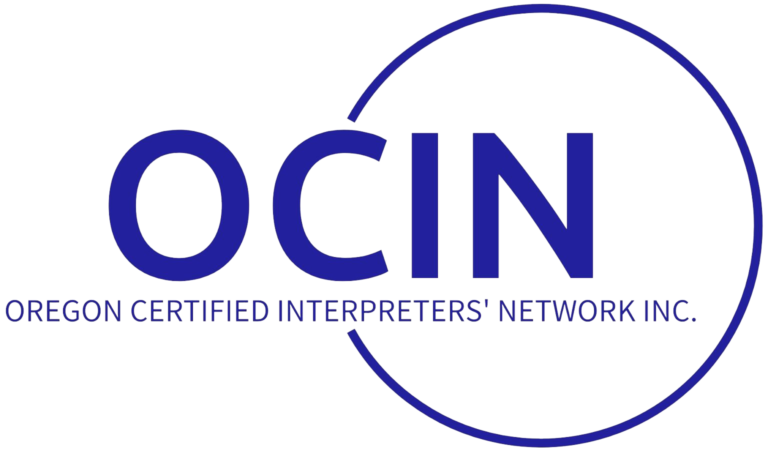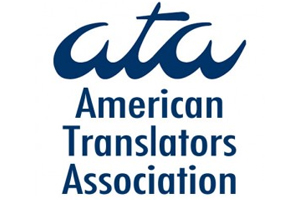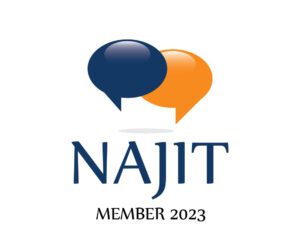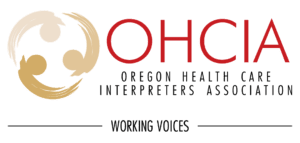At the Oregon Certified Interpreter’s Network (OCIN), we believe that everyone deserves equal access to quality healthcare, regardless of language barriers. In healthcare environments, accurate communication is crucial to ensure that patients receive the care they need. That’s why we’ve compiled a list of five scenarios in which a professional interpreter should be provided.
- Medical Appointments – Medical appointments are a crucial time for patients to communicate their symptoms and concerns to healthcare professionals. When language barriers exist, providing a professional interpreter ensures that the patient’s message is accurately conveyed. According to OCIN co-founder Ignacio Escudero, “a professional interpreter is essential to ensure accurate communication during medical appointments.”
- Emergency Room Visits – In emergency situations, effective communication can be the difference between life and death. Providing a professional interpreter in the emergency room can help medical professionals understand the patient’s symptoms and medical history, and provide timely and appropriate treatment. “Emergency room visits are high-stress situations, and a professional interpreter can help ease that stress by ensuring that communication is accurate and efficient,” says OCIN co-founder Oscar Nunez.
- Surgeries and Procedures – Surgeries and medical procedures require precise communication between healthcare professionals and the patient. Providing a professional interpreter ensures that the patient understands the procedure and any necessary aftercare instructions. In some cases, video interpreting may be a suitable option, as it can provide real-time interpreting for medical procedures.
- Mental Health Appointments – Mental health appointments require sensitive and nuanced communication between the patient and healthcare professional. Providing a professional interpreter can ensure that the patient’s message is accurately conveyed and that the healthcare professional can provide appropriate treatment. “Mental health is an area where precise communication is especially critical, and a professional interpreter can help bridge that gap,” notes Ignacio Escudero.
- Patient Discharge and Follow-Up Care – Patient discharge and follow-up care require clear communication between the patient and healthcare professionals. Providing a professional interpreter ensures that the patient understands their aftercare instructions and any necessary follow-up appointments. Video interpreting may be a suitable option for follow-up care, as it can provide convenient access to interpretation services.
At OCIN, we believe that providing a professional interpreter is essential in all of these healthcare scenarios. Our team of professional interpreters works tirelessly to ensure that accurate communication is facilitated in every healthcare environment. To book a professional interpreter for any healthcare environment, contact OCIN today. Our network of over 940 professional interpreters speaks more than 74 languages and dialects, ensuring that accurate communication is facilitated in every healthcare scenario.







